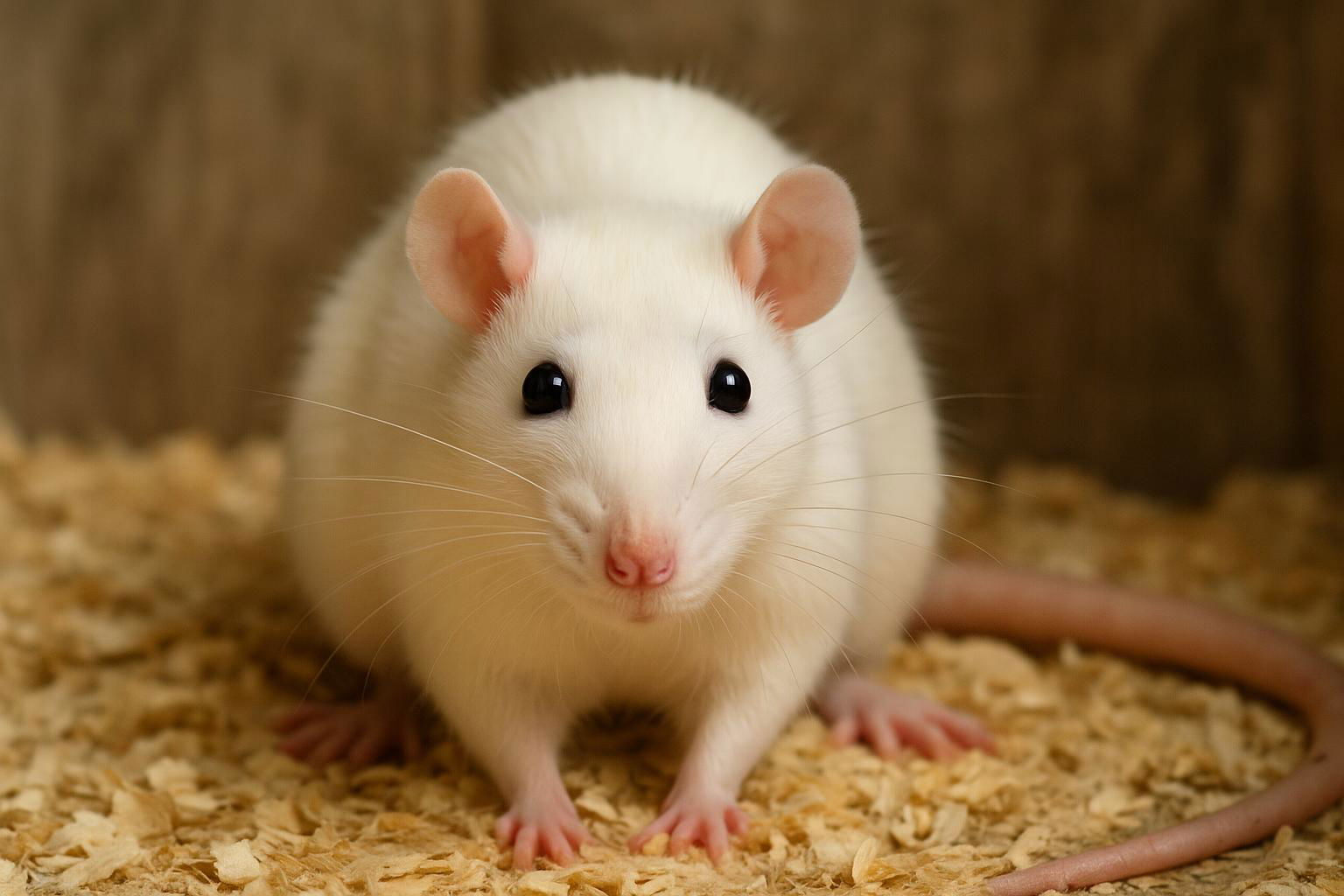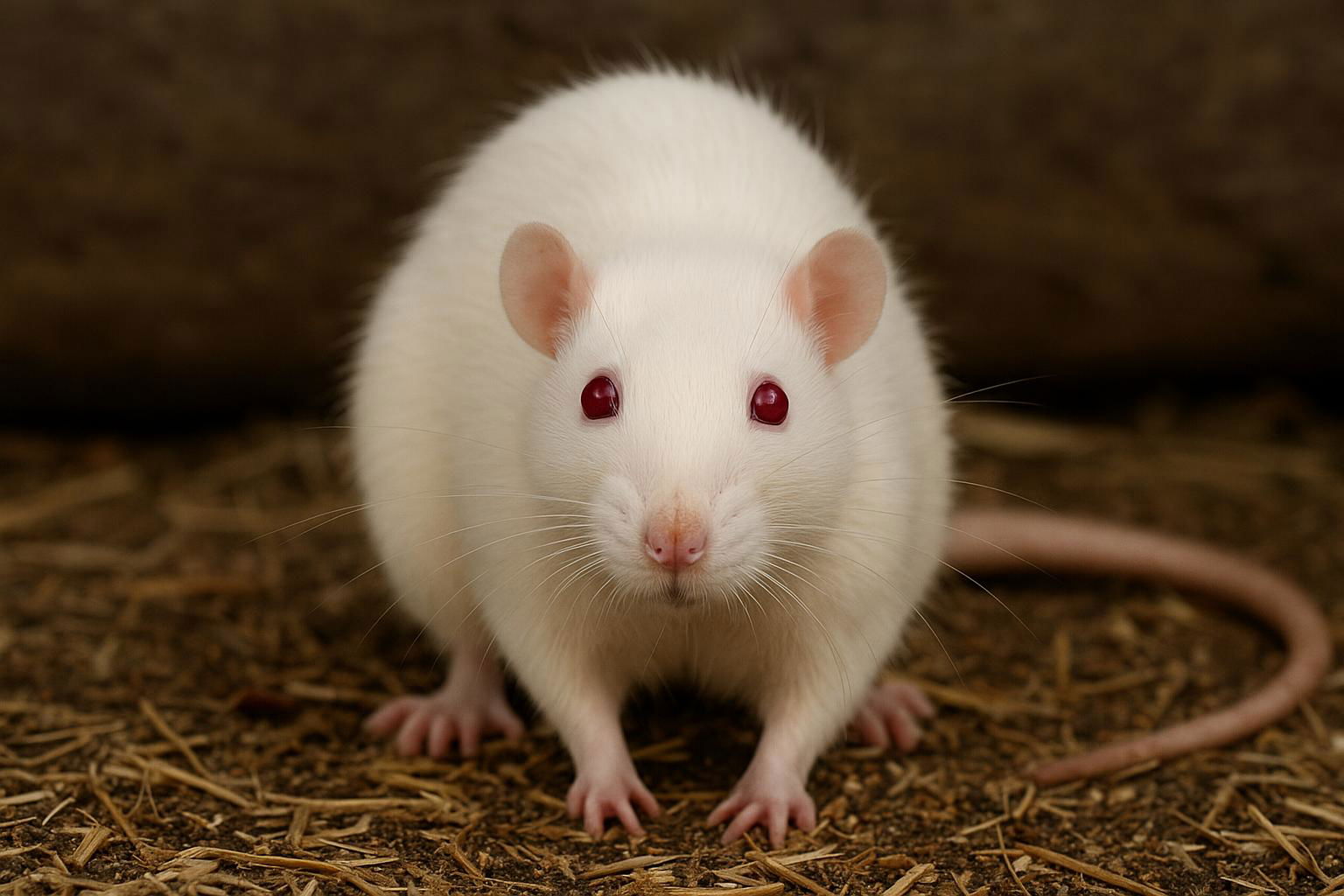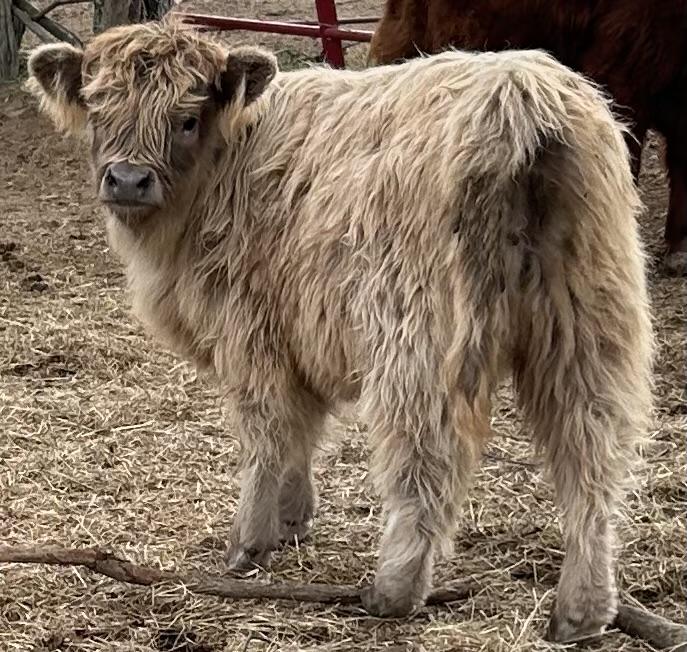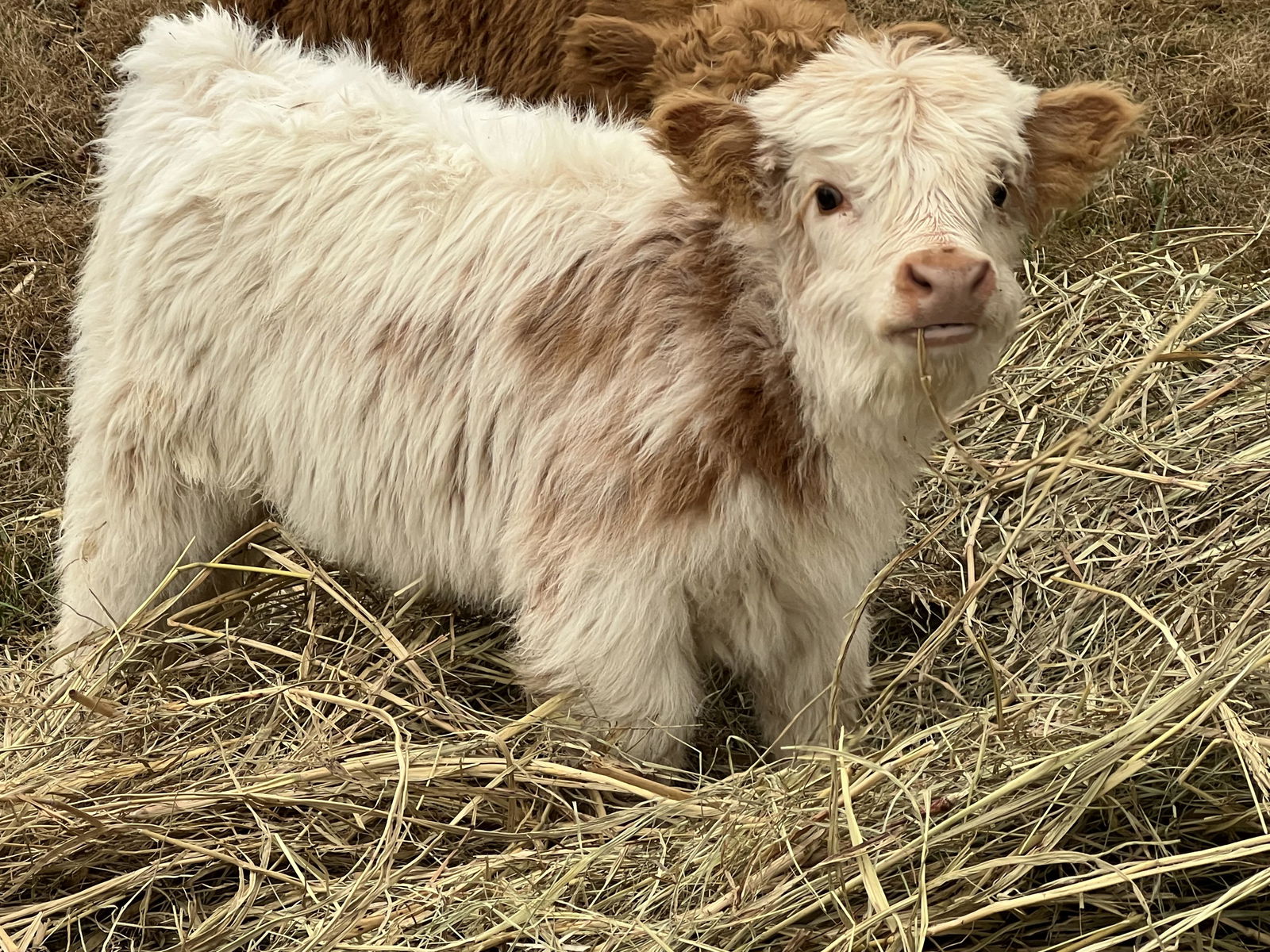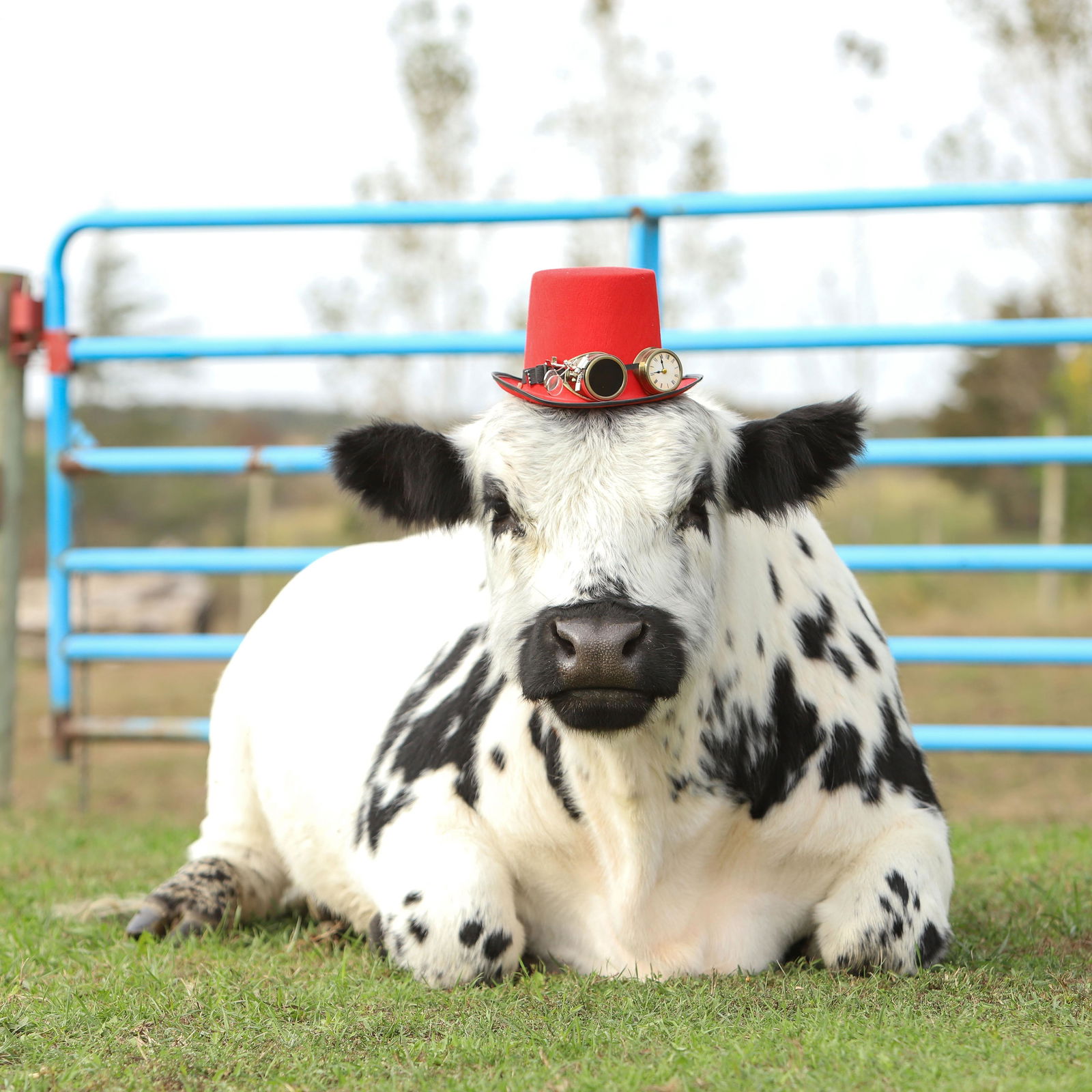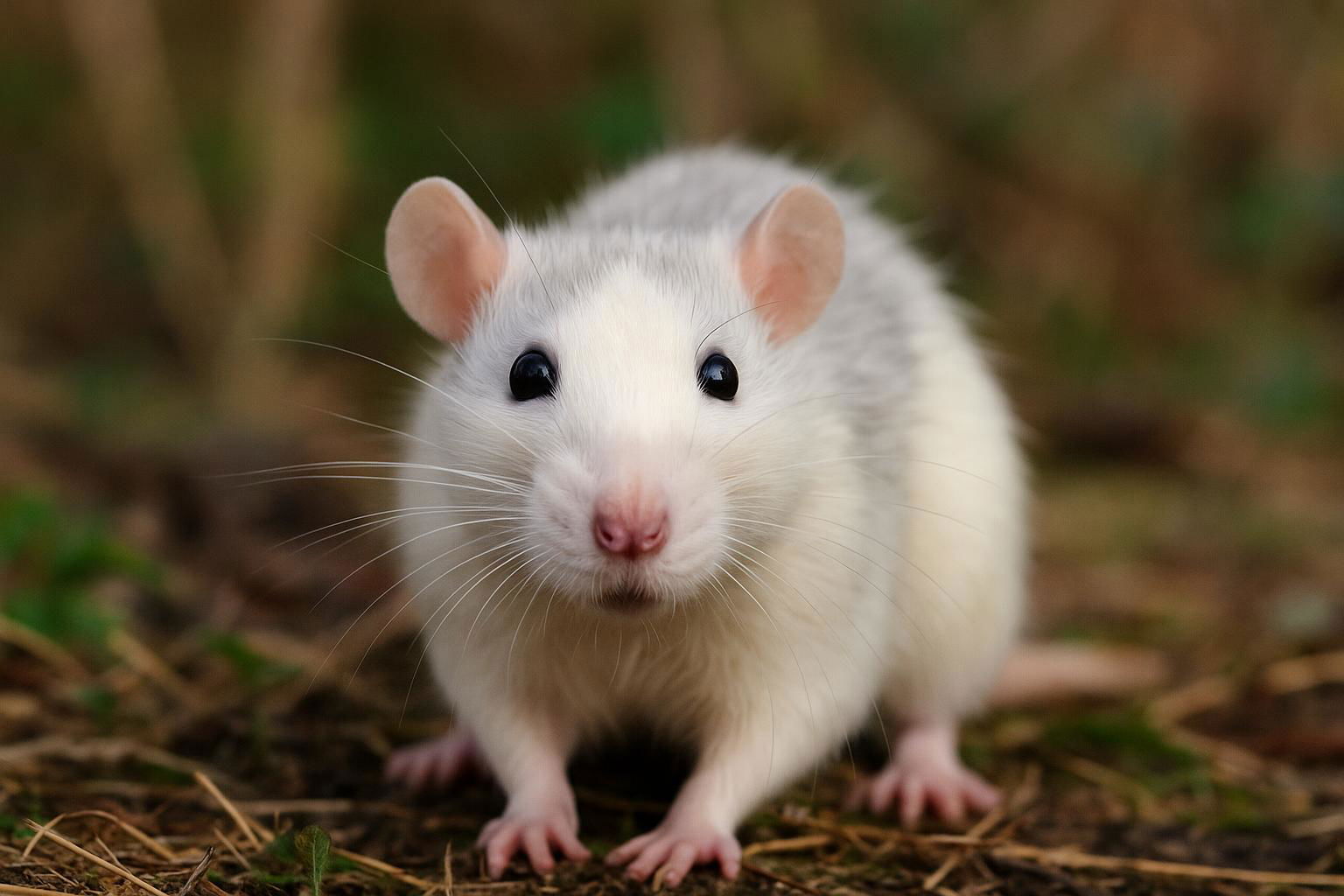
Laboratory Rat
Rattus norvegicus
The laboratory rat, scientifically known as Rattus norvegicus, is a domesticated subspecies of the wild brown rat, and it plays a pivotal role in scientific research and experimentation. This adaptable and intelligent rodent boasts a robust body, typically measuring 9 to 11 inches in length, with a tail that adds an additional 7 to 9 inches. Its fur is usually white or albino, a characteristic that results from selective breeding for consistency in research.
Laboratory rats are known for their sharp intelligence, social nature, and remarkable capacity for adaptation, making them ideal subjects for a broad array of experiments ranging from genetics and psychology to toxicology and pharmacology. Notably, these rats have contributed significantly to groundbreaking discoveries in various fields of biomedical research, including cancer, diabetes, neuroscience, and behavioral studies.
With a lifespan of around two to three years, laboratory rats are prolific breeders, capable of producing several litters annually. Their diet in captivity predominantly consists of pelleted feed designed to meet all their nutritional requirements. In addition to their scientific utility, they are appreciated for their gentle demeanor and are often kept as pets. The laboratory rat's role in scientific advancement and its fascinating behavioral traits continue to make it an invaluable subject of study and companionship.

 All Species & Breeds
All Species & Breeds
 Highland Cattle
Highland Cattle
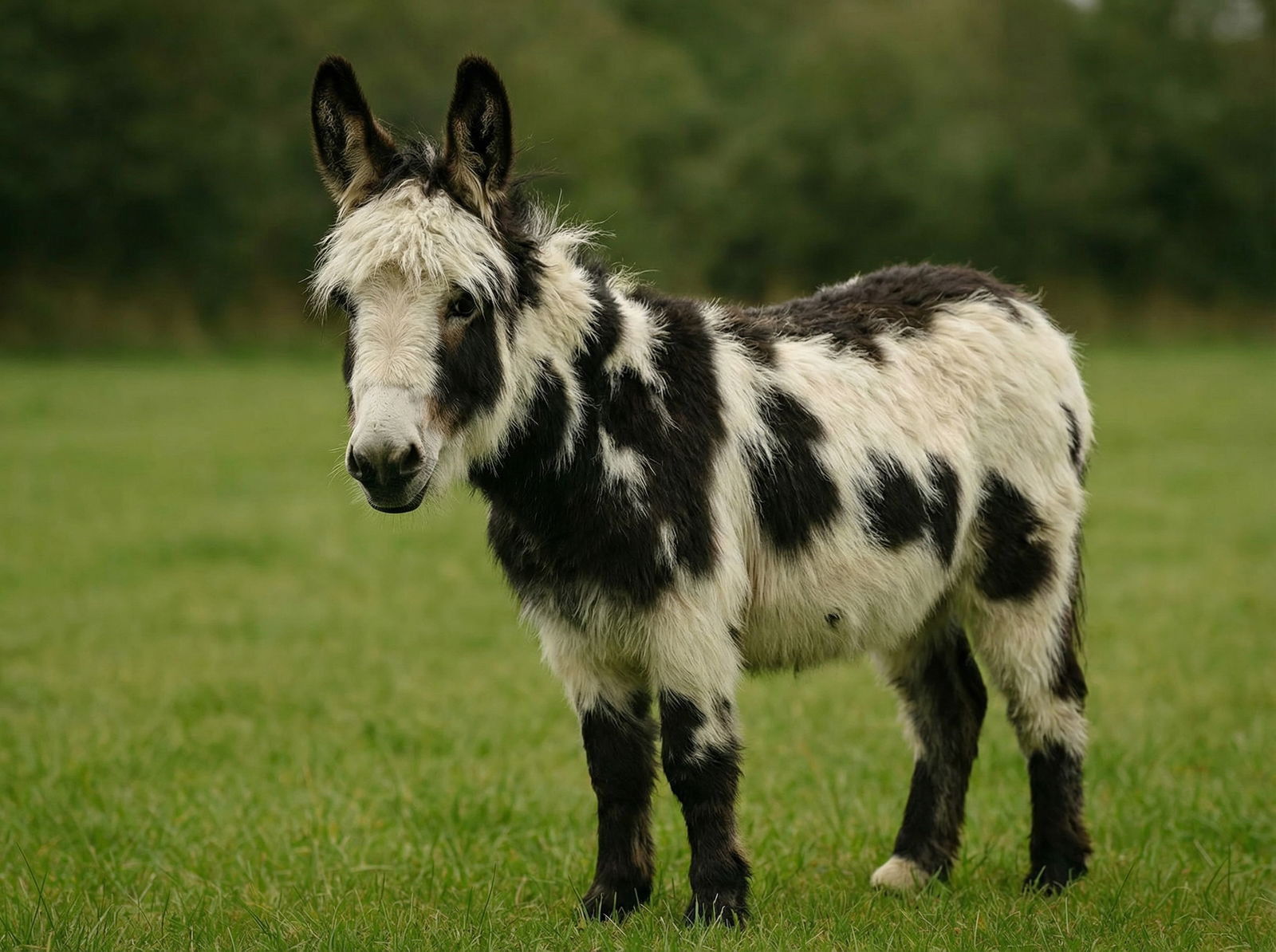 Miniature Donkeys
Miniature Donkeys
 All Species Directory
All Species Directory
 Highland Cattle in Virginia
Highland Cattle in Virginia
 Miniature Donkeys in Texas
Miniature Donkeys in Texas
